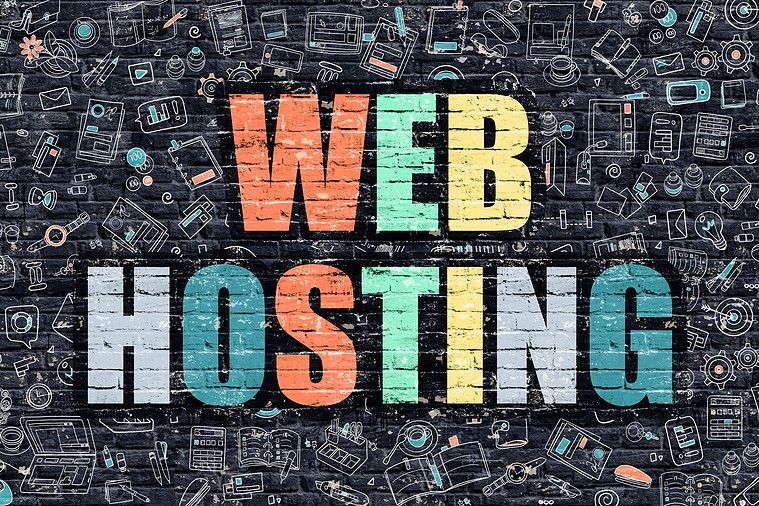It’s easy to take the internet for granted… until you need a website. Putting aside picking how you will build the website (that’s an entirely different blog), you first need to figure out where the website will live. Picking the server where your website will be hosted can have far-reaching implications. While some needs are fairly obvious, like making sure the host can keep your servers up, others might be things to haven’t thought of, like who has access or security. Let’s look at four major areas on why where you host your website matters, right after a short definition.
Defining What Hosting Is
The internet is not a series of tubes. Instead, it’s a network of personal, commercial, and government servers and computers connected with phone, ethernet, cable, and fiber optic lines, as well as Wi-Fi and satellite. Web hosting is the act of getting your website onto the internet by getting it uploaded to a computer, typically a dedicated hosting platform such as a server. Working with most web hosting service providers, you need a domain (your web address), though many providers can help you get one.
Looking at Server Uptime
Server uptime is usually the first thing to look at in a hosting service, and something they will proclaim among their services. Across both major platforms and local companies, these tend to be the same number: 99.99%. Anything less than that is below the industrial level. If the service cannot guarantee that amount, it’s usually worth looking at another company.
Maintenance or Other Scheduled Outages
Note that the above statistic usually only refers to “unscheduled outages.” You’ll want to talk to the provider about how they handle server maintenance, and what times it is performed or what notice they will give.
Website Access
Another question to ask is about who has access to your website on the server. While this may seem like a simple question, it’s important to understand the following:
- Is the hosting on a shared or dedicated server? While shared servers are cheaper, there can be performance and security issues.
- Who has FTP access? File Transfer Protocol (FTP) is the process of sending files from a client computer and the server, vital for website development and maintenance.
Security and Backups
Another thing to touch on is about the security and backups your host will be providing. These come in two flavors: passive and active. The first are things like firewalls, HTTPs protocols, and automated backups: these are done automatically, with many (such as firewalls) being controlled by hardware on the server. The second is active. Backups may be available for your website, but only when you manually create them. Either way, it’s vital you have some sort of backup solution in place to avoid losing your entire website. Make sure to check what security and backups your host will provide, and which are extra or require you to manually perform them.
What Happens When There’s a Problem
This last question is something you can only truly know the answer to after it happens. With that said, it’s important to know the procedure and the contact information you might need if your website starts experiencing issues.
- Think About a Local Provider: While large hosting services may mean a lower cost, you can pay for it with telephone trees and outsourced customer service.
- Get Contact Information: Try and get the direct phone and email contact information that gets past a generic inbox or office number.
- Know When to Escalate: That 99.9% server uptime means you should expect outages at some time. If your website is down, wait 5 minutes before reaching out. Outages for more than an hour means a serious outage, not just an update or pipeline issue.
- Know When to Delegate: If you’re working with a web development or online marketing firm that also provides website maintenance, ask them about vendor management of your host to deal with problems.
At Vision, we provide hosting through local partnerships, as well as providing vendor management of all the major hosting services, for our website services. If you’re looking for a new website or to update your current one, give us a call. Beyond website design and development, we also can help you develop a powerful brand on social media and much more.




